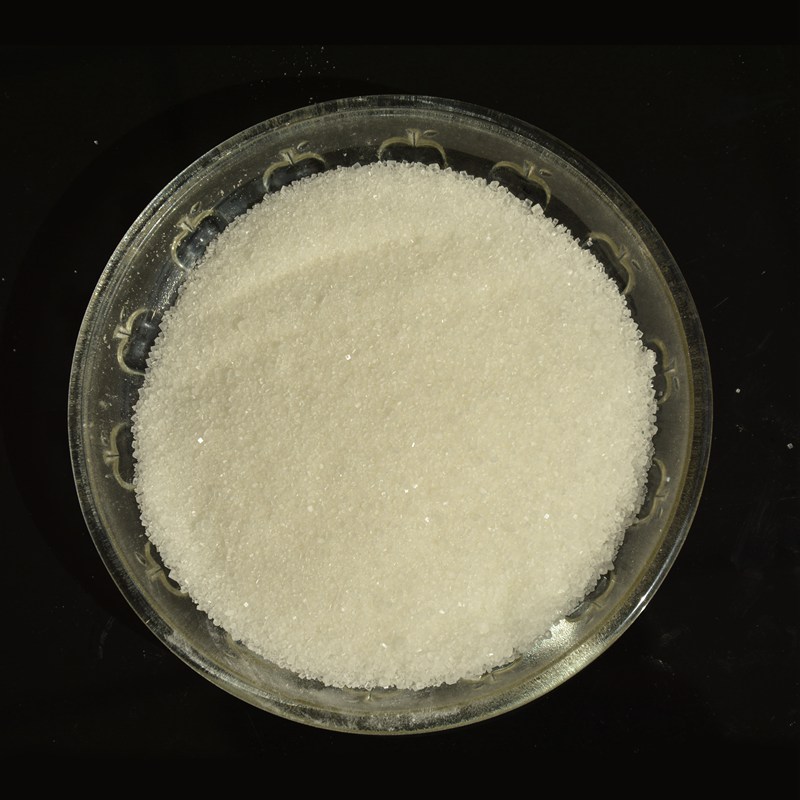
12-р сар . 09, 2024 17:41 Back to list
Natural Potash Fertilizer for Sustainable Agriculture and Enhanced Crop Growth Solutions
The Benefits of Organic Potash Fertilizer for Sustainable Agriculture
In recent years, the demand for sustainable agricultural practices has surged, largely driven by consumers' growing preference for organic products. One essential component of organic farming is the use of organic fertilizers, particularly potash fertilizers, which are crucial for providing vital nutrients to crops. This article will explore the significance of organic potash fertilizer, its sources, benefits, and its role in sustainable agriculture.
Understanding Potash
Potash is a term that encompasses various potassium-containing compounds commonly used in fertilizers. Potassium is one of the three primary macronutrients essential for plant growth, alongside nitrogen and phosphorus. It plays a critical role in various physiological processes, including photosynthesis, water regulation, and enzyme activation. Adequate potassium levels can significantly enhance crop yields and improve the overall health of plants.
The Role of Organic Potash Fertilizers
Unlike conventional potash fertilizers derived from synthetic processes, organic potash fertilizers are derived from natural sources. Common organic sources include
1. Wood Ash The ashes from burned wood contain significant potassium levels. They can be used directly in the garden as a soil amendment, thereby enriching the soil. 2. Green Manures Certain plants, such as legumes or cover crops, can be grown and then tilled into the soil to increase potassium content naturally. 3. Seaweed Extracts Seaweed is a potent source of potassium, and its extracts are often used as organic fertilizers. They provide not only potassium but also trace elements and hormones that promote plant growth and resilience.
4. Compost Compost made from various organic materials can also retain potassium, offering a slow-release source of this essential nutrient.
Benefits of Organic Potash Fertilizer
organic potash fertilizer

1. Enhanced Nutrient Availability Organic potash fertilizers improve soil structure and increase its capacity to hold nutrients. This enhanced nutrient availability ensures that plants can access potassium more effectively, thus promoting better growth.
2. Soil Health Improvement Using organic fertilizers contributes to the overall health of the soil. They increase microbial activity, enhance soil fertility, and promote the biodiversity of soil organisms, all of which are vital for sustainable agriculture.
3. Increased Crop Resilience Potassium plays a crucial role in enhancing plant resilience against diseases and environmental stresses. Crops treated with organic potash fertilizers tend to develop stronger cell walls, making them less susceptible to pathogens and adverse weather conditions.
4. Environmental Safety Organic potash fertilizers ensure that chemical runoff—common with synthetic fertilizers—does not pollute nearby water bodies. This organic approach aligns with eco-friendly farming practices and promotes healthier ecosystems.
5. Sustainable Production By utilizing organic potash fertilizers, farmers can engage in more sustainable agricultural practices. These methods not only support local ecosystems but also contribute to the long-term viability of farming by maintaining soil health and fertility.
Conclusion
Organic potash fertilizer is a vital component of sustainable agriculture, offering numerous benefits for crop production and environmental health. By enhancing nutrient availability, improving soil structure, and increasing plant resilience, organic potash fertilizers can help farmers meet the growing demand for organic food products while promoting eco-friendly practices. As consumers become more aware of the impacts of agriculture on the environment, the role of organic fertilizers will only become more critical.
Incorporating organic potash fertilizers into farming practices serves not just the individual farmer's needs but also contributes to a larger goal of sustainable and responsible agriculture. In a world where food security and environmental protection go hand in hand, the transition toward organic fertilizers signifies an important step in cultivating a healthier planet.
-
Premium Organic Manure Compost for Eco Gardens
NewsAug.01,2025
-
Organic 10-10-10 Fertilizer | Balanced Plant Nutrients
NewsJul.31,2025
-
Premium Amino Acid Fertilizer | Rapid Plant Growth Booster
NewsJul.31,2025
-
10 10 10 Fertilizer Organic—Balanced NPK for All Plants
NewsJul.30,2025
-
Premium 10 10 10 Fertilizer Organic for Balanced Plant Growth
NewsJul.29,2025
-
Premium 10 10 10 Fertilizer Organic for Balanced Plant Growth
NewsJul.29,2025
